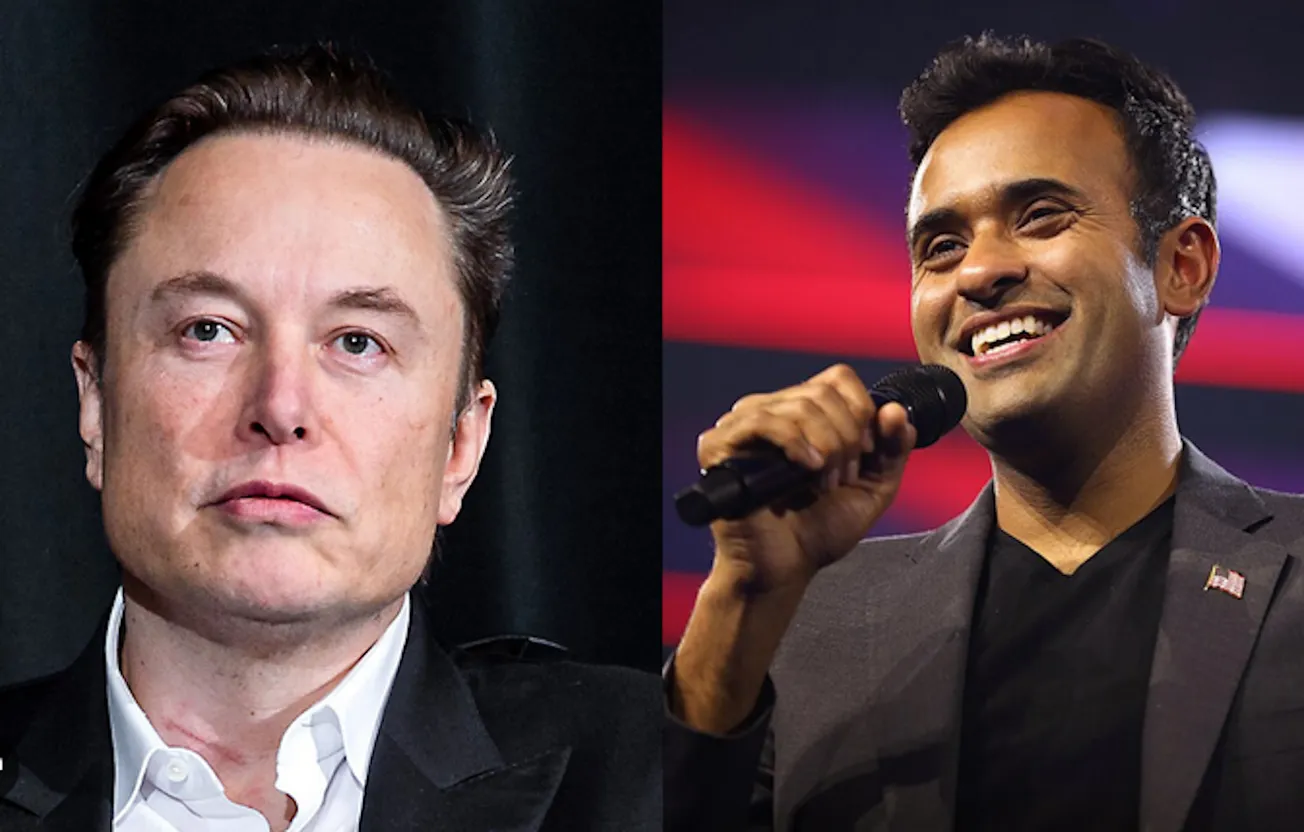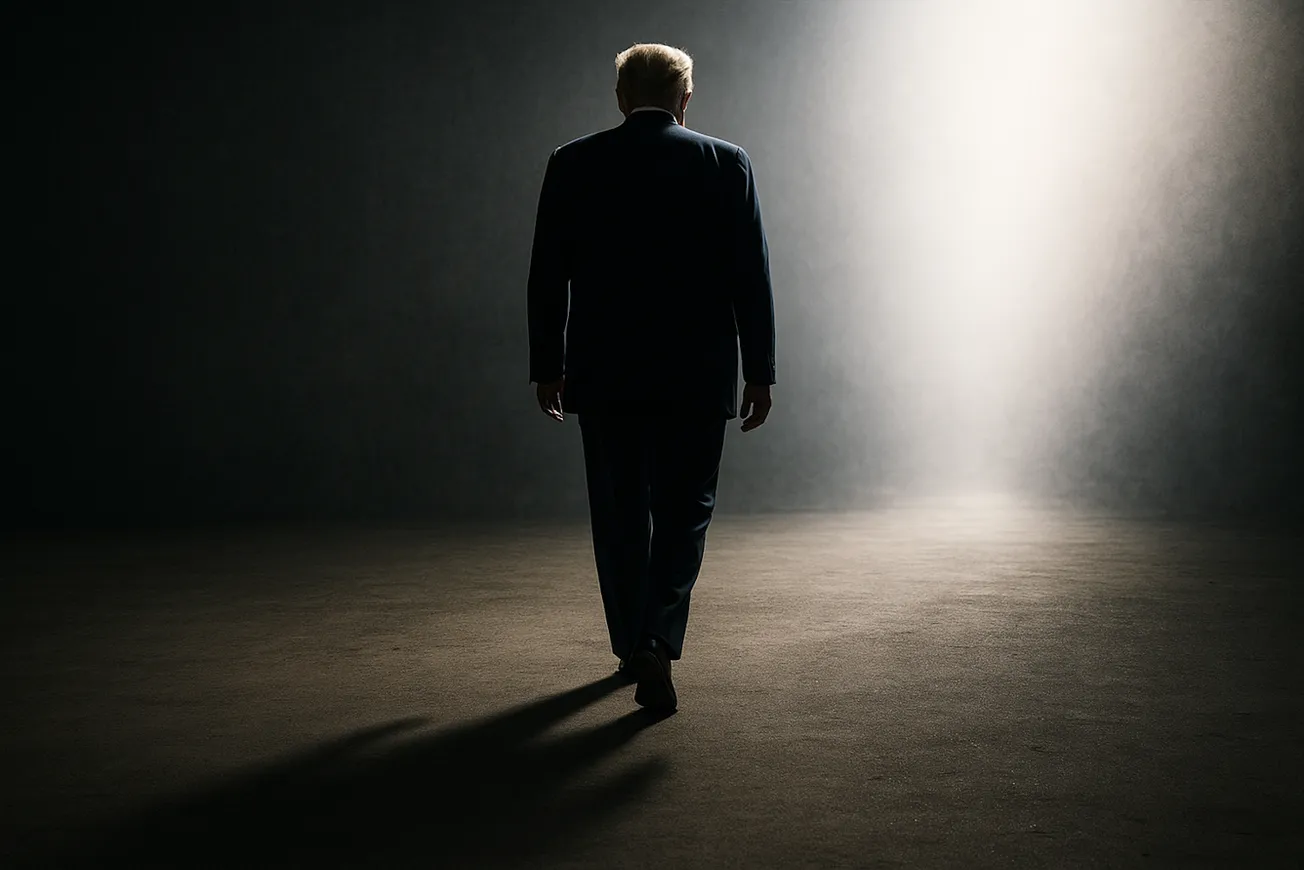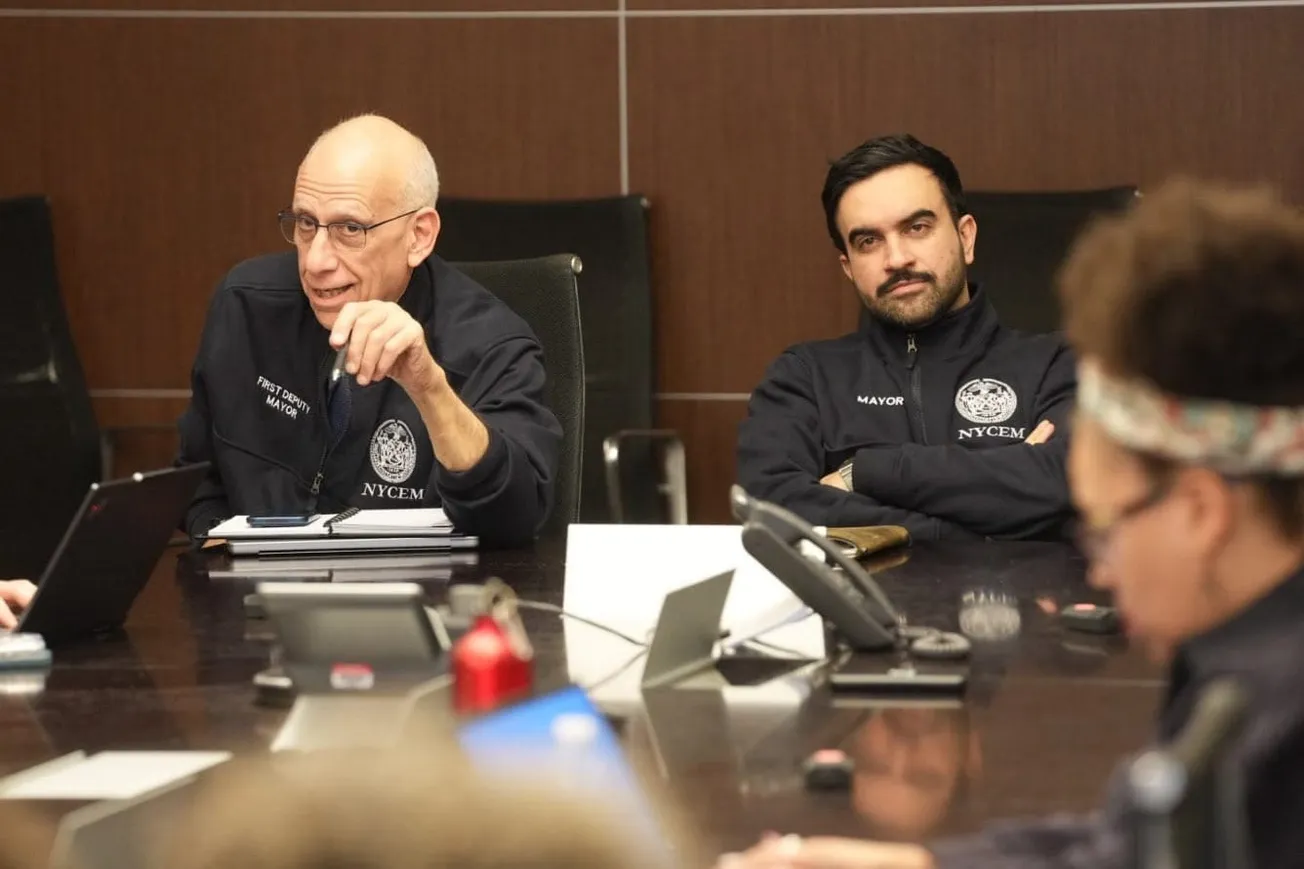By Bob Maistros via Issues & Insights | December 16, 2024
Government efficiency efforts have a DOGE-y record at best. Thousands of recommendations over the years largely dissed despite prodigious effort. And contributions to actual reduction of the size of and increase in the productivity of government proving to be a) paltry and b) overtaken by events (e.g., more spending and bureaucracy).
So, should business rock stars Elon Musk and Vivek Ramaswamy just surrender before they start?
Well, maybe not so fast.
One potential path exists to achieving their reform goals – one previously raised on these very pages. And endorsed, in part, by former Trump White House Chief of Staff Mark Meadows in a recent private soiree this scribe attended.
Very simply: get the federal government out of businesses it shouldn’t be in.
Recall your correspondent’s prior reference to Richard Nixon’s scheme to cram every agency outside State, Treasury, Defense, and Justice into four “super departments.” There’s something about the four holdovers: they represent most federal powers actually enumerated in the Constitution. A few others – Post Office, Census, intellectual property protection – can be the province of dedicated agencies outside departments.
Recall also one sticking point preventing reform this pundit described: pesky Swamp-dwelling lobbyists buttonholing solons with printouts of spending under a particular program in their districts/states.
Pointing to a solution: hand over to those selfsame states the cash and responsibility for every program not among the enumerated powers. For a time.
Mark Meadows, in the talk this scribbler referenced, suggested that very approach. Doubting even the most useless of federal departments, Education, can be eliminated, he suggested block-granting 75% of its budget to at least get the money out of Washington.
This wisenheimer would go way bigger: block-grant every discretionary program – with complete power to bend them, shape them, any way states want to – for four years. Then zero out funding.
Yes, even Medicare and especially Medicaid (Social Security we’ll get to in a minute). Doing it with all non-enumerated programs ensures no one can claim to be singled out.
That way, the ultimate decisions as to whether they are worth keeping, responsibility for reforming them if necessary, and blame for downsizing or eliminating them, if that’s the result – are outsourced from Capitol Hill elevator lobbies.
In fact, a committed federalist might say, “Let 50 approaches to each program bloom,” while entrenched beneficiaries of regulation fear patchworks. But neither necessarily has to be the case. Nothing stops groups of – or even all – states from forming consortia to manage jointly healthcare for the elderly and the poor, welfare, consumer protection, or any other interest deemed worthy.
What about agencies with a national footprint, like the Food and Drug Administration and Federal Aviation Administration (FAA)? Glad you asked. Privatize most that don’t need outright eliminating (e.g., corporate welfare).
Let the food and pharmaceutical industries create their own standards and monitoring – if they know what’s good for them, they’ll make those functions stringent to protect against litigation and ruinous publicity. Private consumer and public-health watchdogs can hold their feet to the fire.
Air traffic control and airport management have been at least partially privatized in numerous jurisdictions worldwide. Such an approach couldn’t do worse than the disastrously outdated current setup: quoting the General Accountability Office, “Last year, FAA determined that 51 of its 138 (technology) systems are unsustainable, citing outdated functionality, a lack of spare parts, and more…. FAA also doesn’t have plans to modernize other systems in need—3 of which are at least 30 years old”(!!!!)
Highways? Other transportation? Railroads were built across the country without a Mayor Pete-mismanaged-department for more than a century. States can figure out how to fund, manage and connect roads and other transport without Potomac-bound bureaucrats and earmark-addicted pols misallocating cash on the basis of politics rather than need.
Now let’s talk the proverbial “third rail” – Social Security – which even The Donald has promised to protect. Fine. Don’t privatize it, the correct but politically unpalatable solution. But at least get someone actually in the business to fix it.
Here’s the deal: America is approaching a 21st-century challenge with a 1930s-era invention. It’s as if, in this Digital Age, this scribbler were generating and dispatching commentaries on a clackety-clack Smith & Corona manual. It’s no wonder that most workers today are headed for insecure retirements even with the system plummeting toward insolvency.
Meanwhile – to take just the biggest example (and, full disclosure, a former client) – consider BlackRock, putting aside any objections about alleged wokeness. The firm manages around $11.5 trillion in assets, about half of them involving retirement. Does it just mingle the money in a big pot with other spending and hope Congress will bail it out?
No. BlackRock and all asset-management firms innovate with notions like target date funds aimed at designing strategies around retirement needs, and liability-driven investing (LDI) enabling pension funds to meet obligations to beneficiaries.
Why not hand the Social Security problem to geniuses who obsess all day about matching resources to retirement needs (whether one firm or, again, a consortium)? After all, like the overused cliché of Sutton’s law, old-age entitlements are where the money is. And American workers and retirees deserve world-class attention and customer service – at least employees who show up to work.
Big-government dependents among Congress, agencies, rent-seekers, and advocacy groups will whine that states and private entities can’t be trusted to manage programs, that inequities will result across jurisdictions and Wall Street lacks compassion.
Nonsense. What they really mean: we want to maintain power and money. And poor program outcomes actually achieve that goal by requiring continuous Washington interventions to fix problems they created (see “Obamacare”).
Calvin Coolidge once maintained, “The chief business of America is business.” Since his day, it’s all too often been government, as it sticks its nose in America’s business in ways the Founders never intended, usually counterproductively.
Undoing that nightmare is the DOGErs best, and perhaps, only hope.
Bob Maistros, a regular contributor to Issues & Insights, is a messaging and communications strategist, crisis specialist, and former political speechwriter.
Original article link









